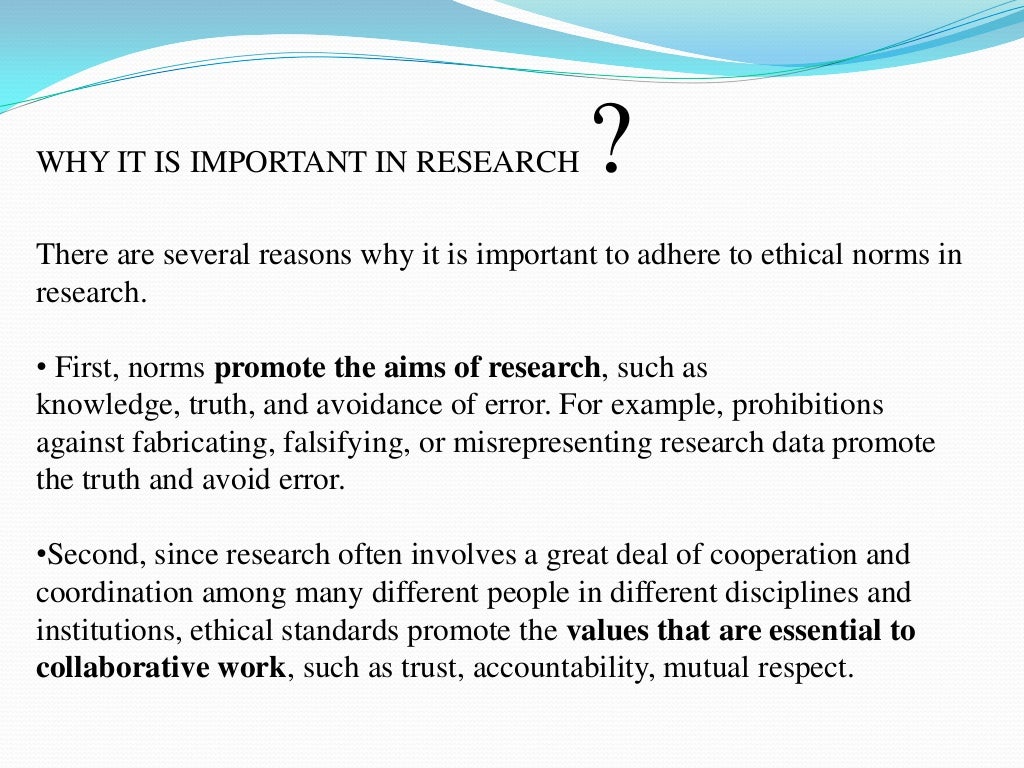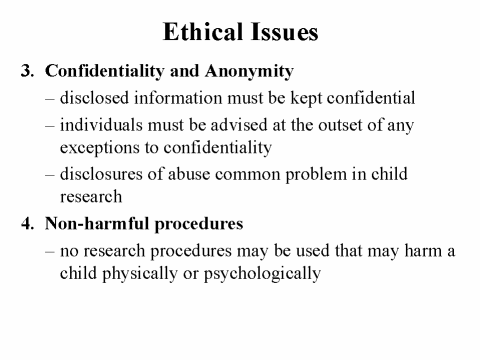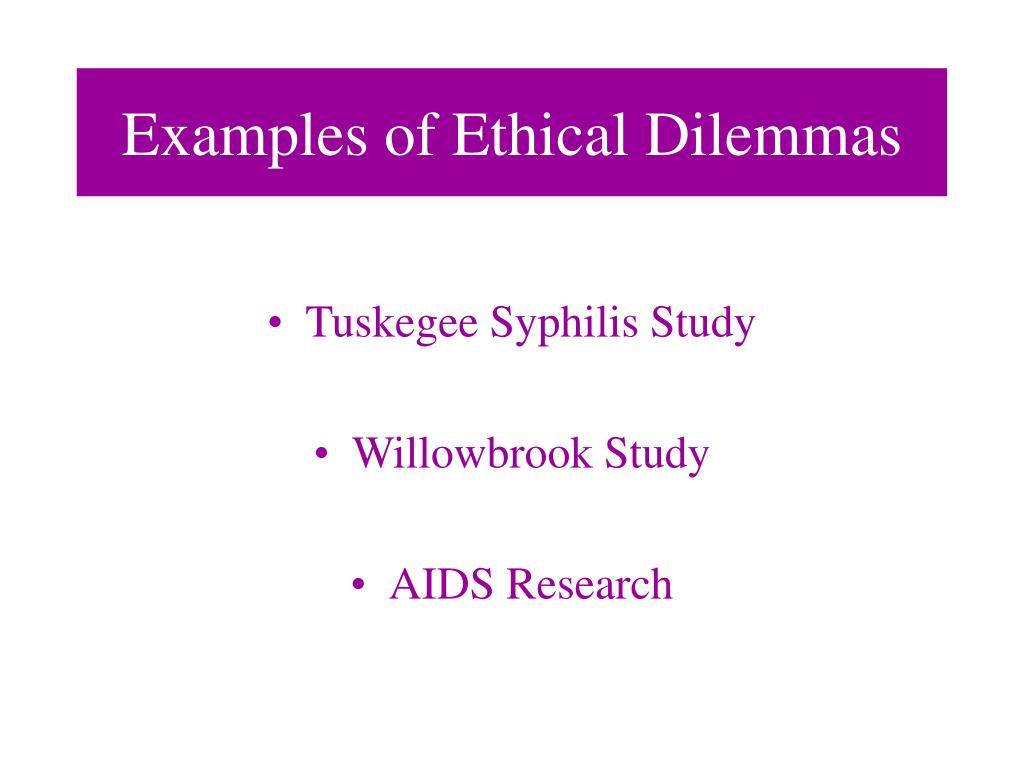
Ethical issues code#
The code of ethics can be imposed on every employee and officer, whether he or she agrees with it but integrity cannot be imposed on any one, it has to come from within. Integrity, on the other hand, is defined as the quality of being honest and fair, a personal choice.
Ethical issues free#
Modern society has to be free from such acts since human life and individual rights have acquired the highest priority across the globe.But what do ethics and integrity mean? Ethics is defined as rules and regulations that have been formed to allow an individual to work in accordance with moral principles. Slavery cannot be a part of the modern globalized world. Nevertheless, these cases are infrequent as human trafficking is mainly associated with the violation of such basic human rights as freedom, autonomy, and dignity. At that, in some cases, utilitarianists can justify human trafficking as it will be associated with the good for a large group of people including traffickers, employers, laborers, or even a community or country. In conclusion, it is necessary to note that human trafficking is mainly regarded as a crime when deontological perspectives or social contract and utilitarian theories are applied. Therefore, from the deontological perspective, human trafficking is a crime and has to be punished. Moreover, even when the laborers are eager to enter the market, human trafficking is still a crime as it violates the existing laws since the act is associated with bringing forbidden elements to the market. Traffickers do the wrong thing when they forcefully make others do something against their will. Clearly, enslaving people is an inappropriate act, which contradicts universal morals. According to this paradigm, people should act in accordance with certain moral principles and do what is right irrespective of the consequences (Williams, 2014). It is also possible to analyze human trafficking from a deontological perspective. Human traffickers violate the social contract, so they are to be punished. Although some stakeholders (such as traffickers, laborers, or employees) can benefit, human trafficking contradicts the principles of the social contract that often implies the protection of citizens’ rights and their wellbeing. The state has the duty to protect people and ensure their exercise of such rights as autonomy and freedom.

In simple terms, human trafficking is unethical as people’s basic rights are violated. This approach is often used when human trafficking is seen as a global issue, and international institutions develop policies based on the principles of this theory (Meriläinen & Vos, 2015). According to this theory, people have a number of rights, but they may give some of their rights in turn of protection or other benefits provided by the state. The social contract or social justice theory is linked to the distribution of rights and duties among the members of a society (Williams, 2014).

Human trafficking is regarded as a crime and ethically inappropriate action when analyzed in terms of the social contract theory. Hence, there are cases when the utilitarian philosophy justifies human trafficking. In such cases, more beneficiaries from human trafficking appear, including traffickers, employers, laborers, and the entire society may benefit from human trafficking. At that, people may be willing to enter the market, and the market may benefit from the inclusion of these newcomers. In this case, people are the labor force that is brought to some markets. Thorburn (2019) claims that trafficking is defined as bringing some forbidden objects to a market.

The author claims that human trafficking is a much broader phenomenon than many people think. However, Thorburn (2019) unveils another facet to the problem. Therefore, human trafficking should be condemned in accordance with the principles of utilitarian philosophy. Human trafficking results in financial losses for countries as people are displaced from their positions, so the lack of labor force, as well as taxpayers, is the problem countries and communities face. The suffering of the victims and their families is only one facet of the issue (Herlin-Karnell, 2019). These groups include traffickers, certain groups of employers, and corrupted officials who in different ways contribute to the existence of the problem.Īt the same time, the act leads to multiple negative effects for the rest of society. Human trafficking can, by no means, be seen as an ethical phenomenon as it benefits only a limited number of people. The action is ethical and rightful if the majority of people benefit from it.

When considering the rightfulness of any action, the utilitarianist will concentrate on the outcomes rather than rules or morals (Williams, 2014). Utilitarianism is the ethical theory that implies the focus on the consequences of the action.


 0 kommentar(er)
0 kommentar(er)
